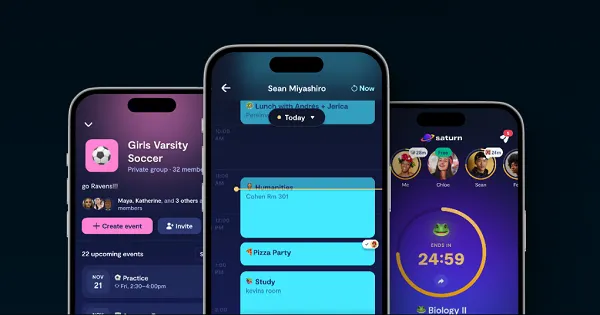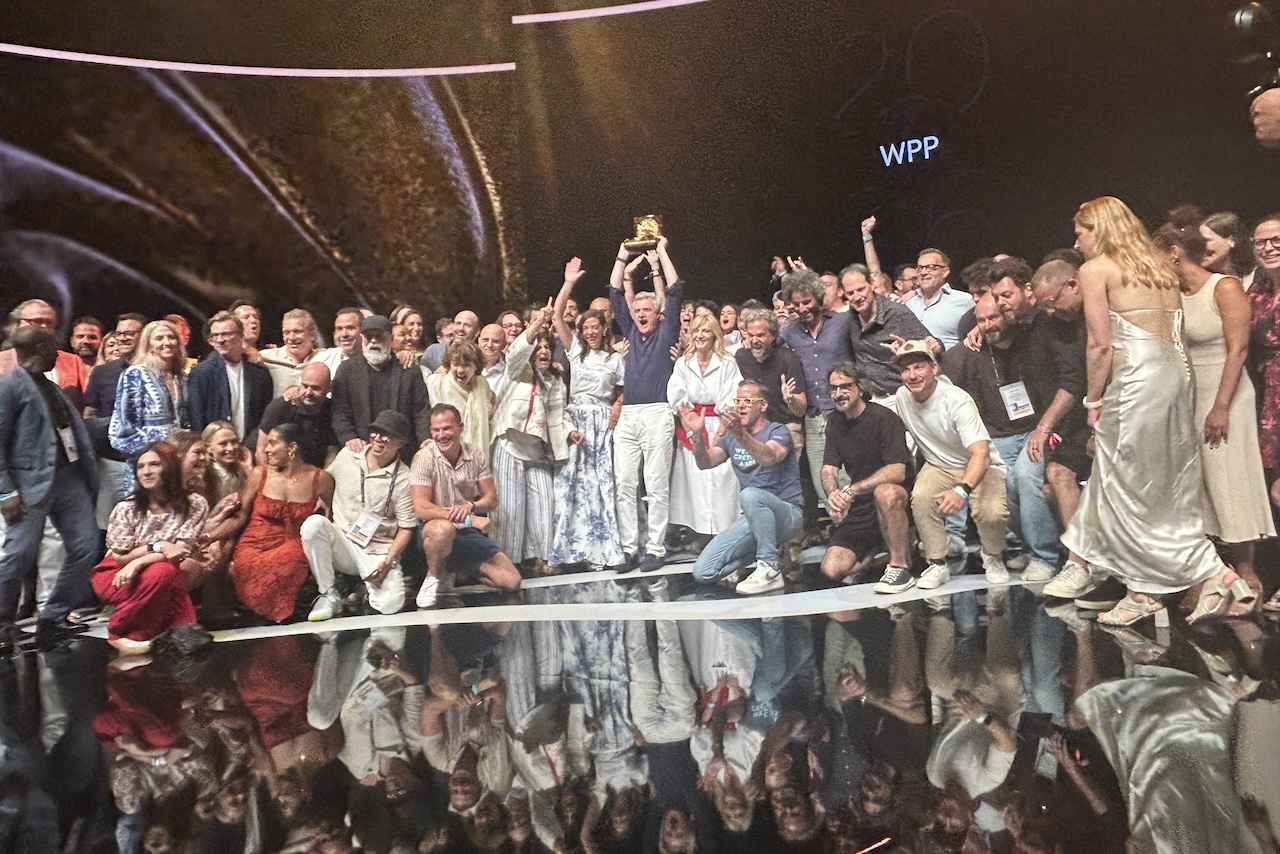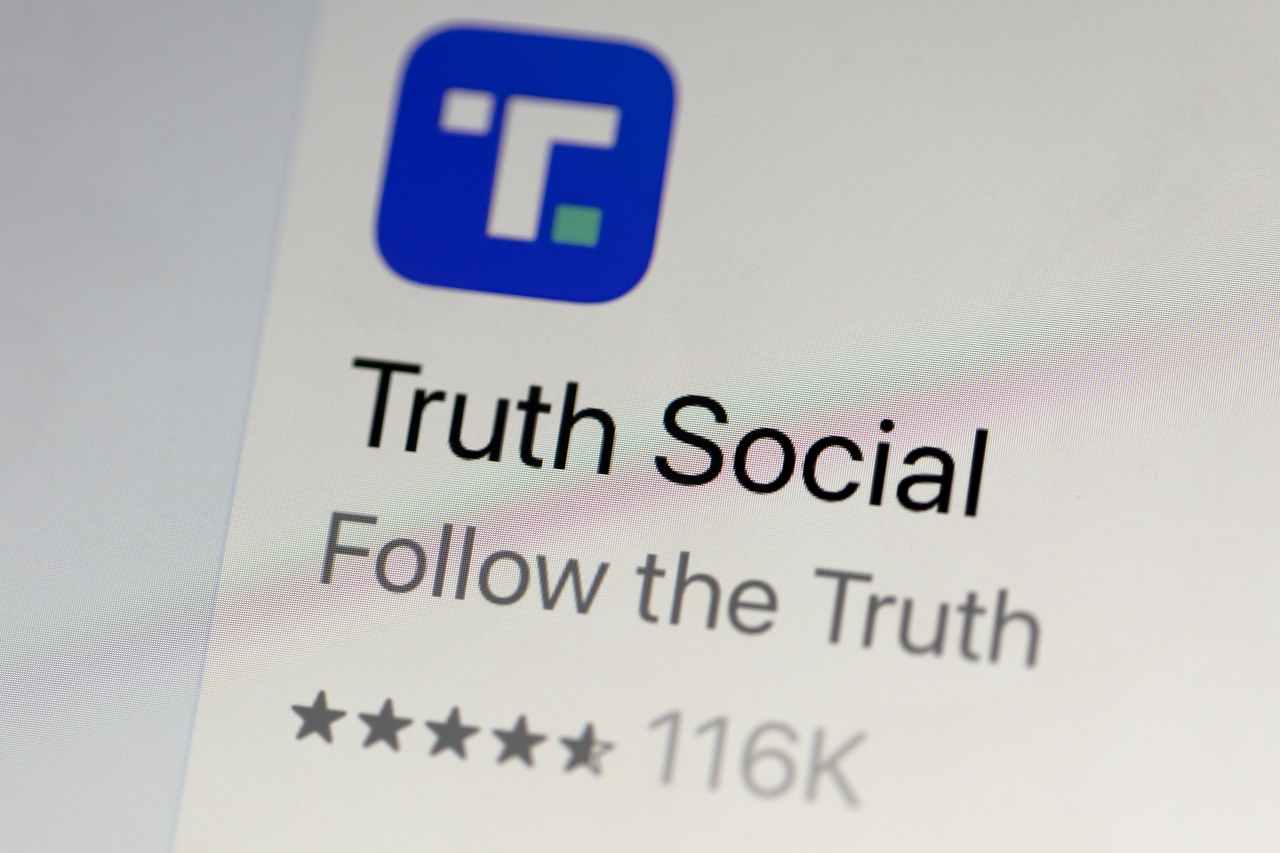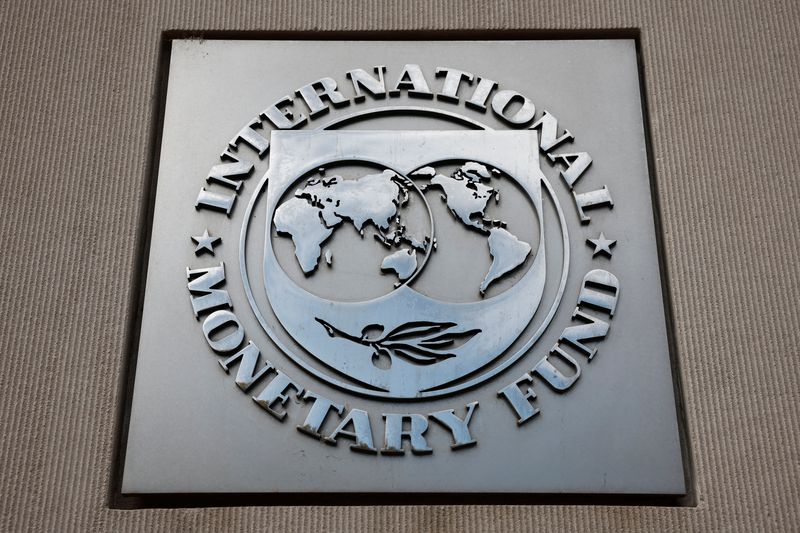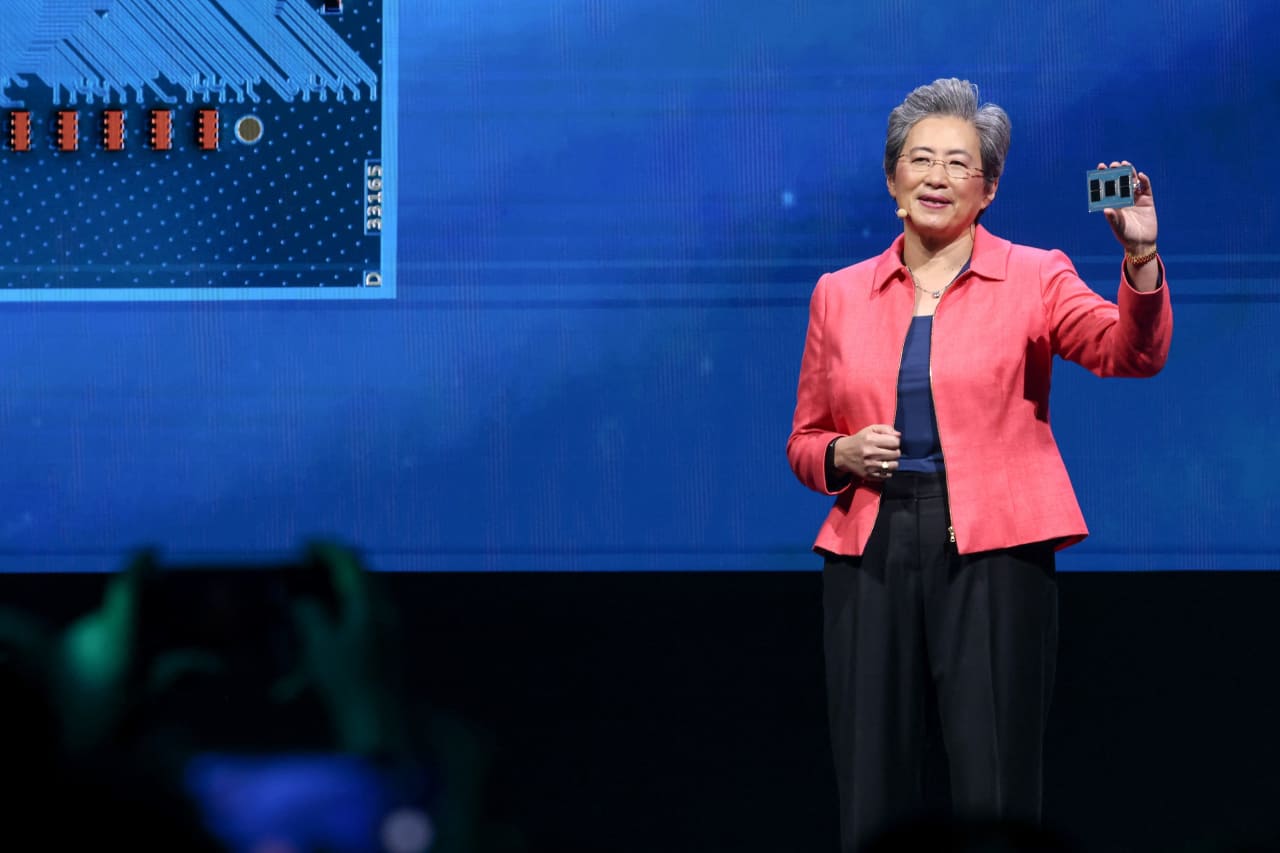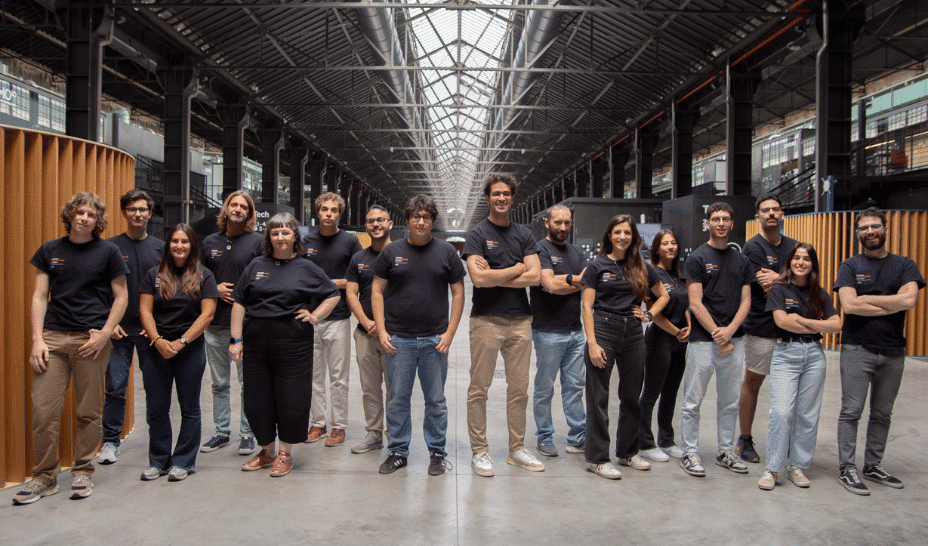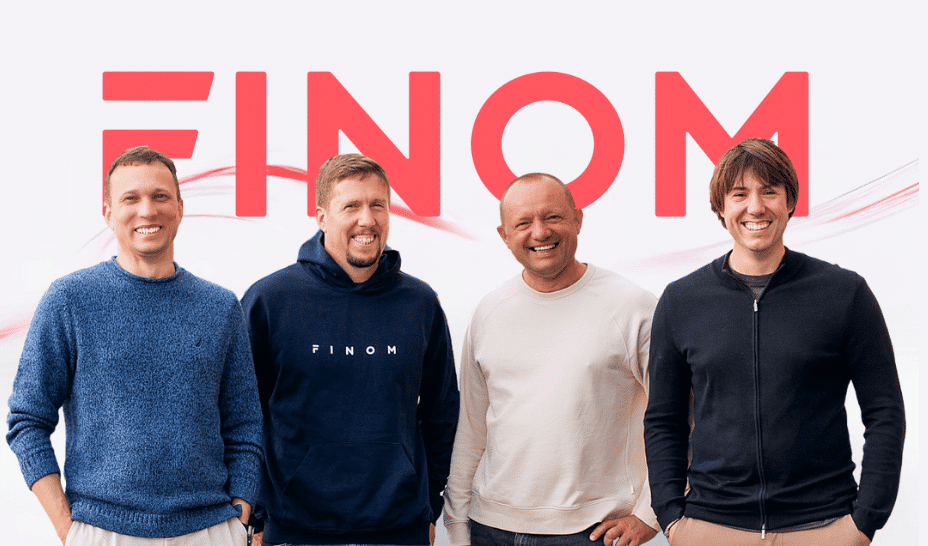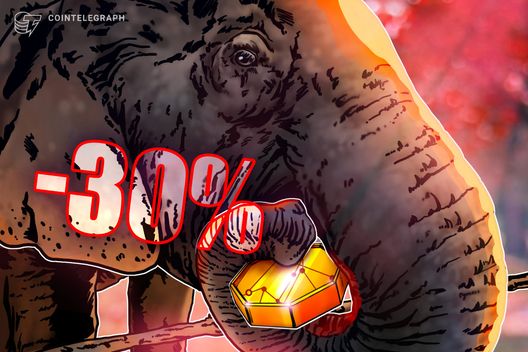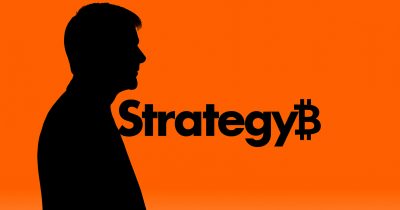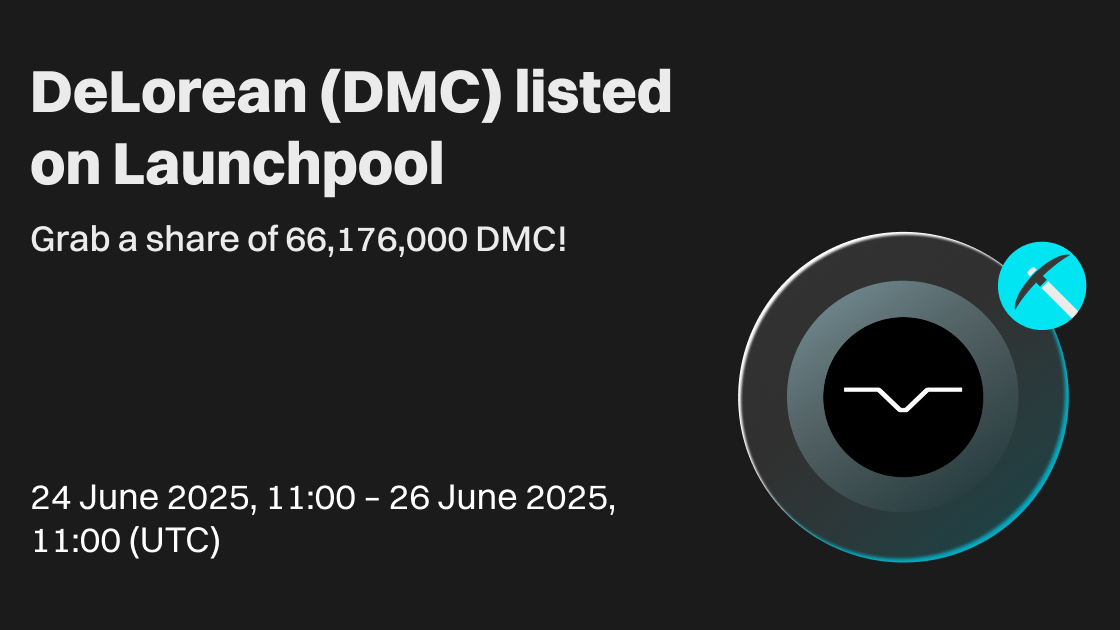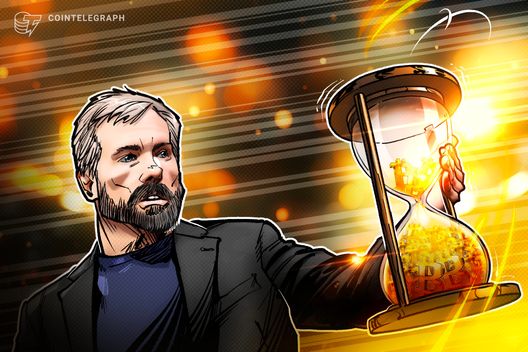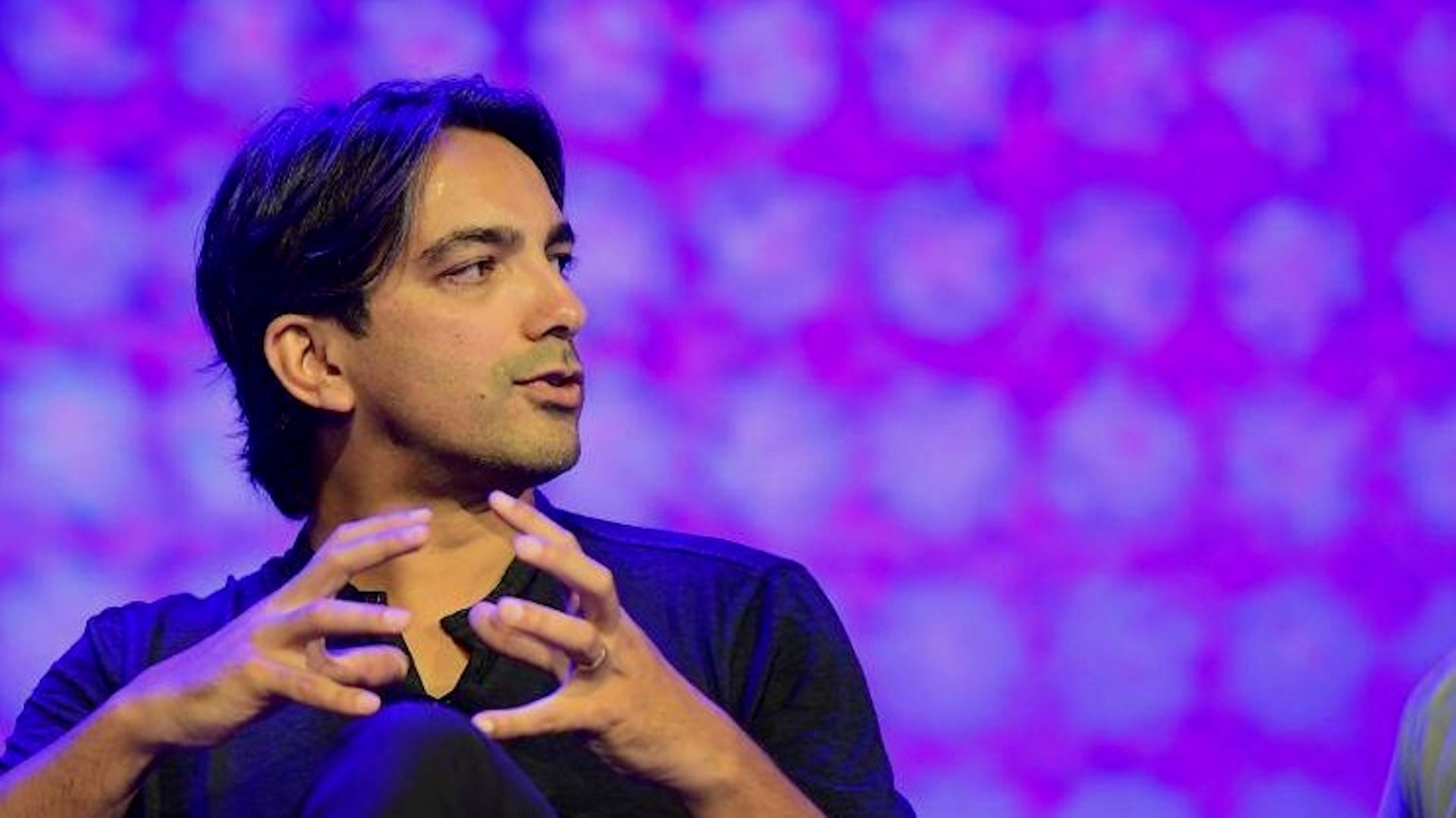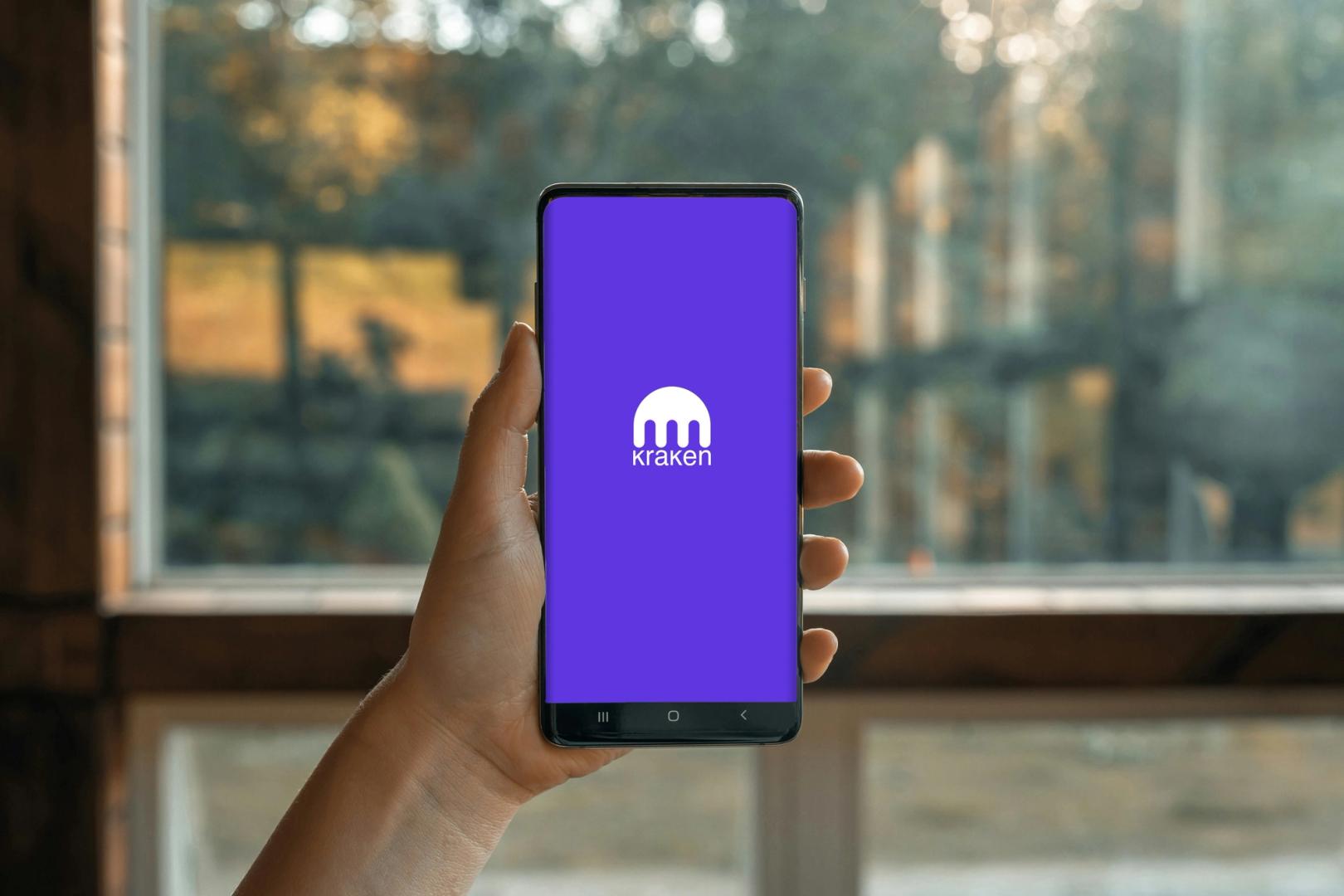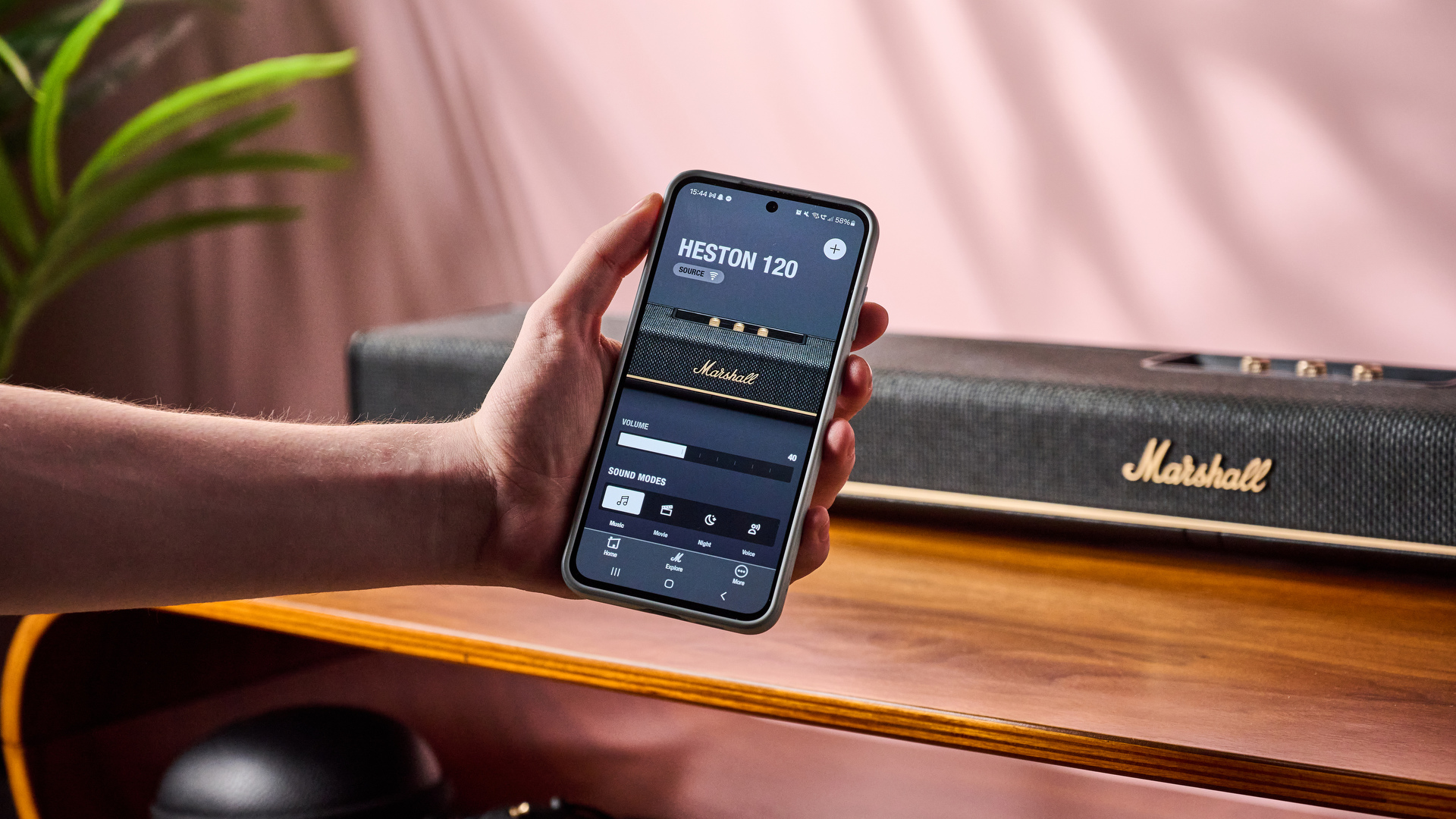Book review: Surveillance & privacy
Privacy only matters to those with something to hide. So goes one of the more inane and disingenuous justifications for mass government and corporate surveillance. There are others, of course, but the “nothing to hide” argument remains a popular way to rationalize or excuse what’s become standard practice in our digital age: the widespread and…

Privacy only matters to those with something to hide. So goes one of the more inane and disingenuous justifications for mass government and corporate surveillance. There are others, of course, but the “nothing to hide” argument remains a popular way to rationalize or excuse what’s become standard practice in our digital age: the widespread and invasive collection of vast amounts of personal data.
One common response to this line of reasoning is that everyone, in fact, has something to hide, whether they realize it or not. If you’re unsure of whether this holds true for you, I encourage you to read Means of Control by Byron Tau.

Byron Tau
Midway through his book, Tau, an investigative journalist, recalls meeting with a disgruntled former employee of a data broker—a shady company that collects, bundles, and sells your personal data to other (often shadier) third parties, including the government. This ex-employee had managed to make off with several gigabytes of location data representing the precise movements of tens of thousands of people over the course of a few weeks. “What could I learn with this [data]—theoretically?” Tau asks the former employee. The answer includes a laundry list of possibilities that I suspect would make even the most enthusiastic oversharer uncomfortable.
“If information is power, and America is a society that’s still interested in the guarantee of liberty, personal dignity, and the individual freedom of its citizens, a serious conversation is needed.” Bryon Tau, author of Means of Control
Did someone in this group recently visit an abortion clinic? That would be easy to figure out, says the ex-employee. Anyone attend an AA meeting or check into inpatient drug rehab? Again, pretty simple to discern. Is someone being treated for erectile dysfunction at a sexual health clinic? If so, that would probably be gleanable from the data too. Tau never opts to go down that road, but as Means of Control makes very clear, others certainly have done so and will.
While most of us are at least vaguely aware that our phones and apps are a vector for data collection and tracking, both the way in which this is accomplished and the extent to which it happens often remain murky. Purposely so, argues Tau. In fact, one of the great myths Means of Control takes aim at is the very idea that what we do with our devices can ever truly be anonymized. Each of us has habits and routines that are completely unique, he says, and if an advertiser knows you only as an alphanumeric string provided by your phone as you move about the world, and not by your real name, that still offers you virtually no real privacy protection. (You’ll perhaps not be surprised to learn that such “anonymized ad IDs” are relatively easy to crack.)
“I’m here to tell you if you’ve ever been on a dating app that wanted your location, or if you ever granted a weather app permission to know where you are 24/7, there’s a good chance a detailed log of your precise movement patterns has been vacuumed up and saved in some data bank somewhere that tens of thousands of total strangers have access to,” writes Tau.
Unraveling the story of how these strangers—everyone from government intelligence agents and local law enforcement officers to private investigators and employees of ad tech companies—gained access to our personal information is the ambitious task Tau sets for himself, and he begins where you might expect: the immediate aftermath of 9/11.
At no other point in US history was the government’s appetite for data more voracious than in the days after the attacks, says Tau. It was a hunger that just so happened to coincide with the advent of new technologies, devices, and platforms that excelled at harvesting and serving up personal information that had zero legal privacy protections.
Over the course of 22 chapters, Tau gives readers a rare glimpse inside the shadowy industry, “built by corporate America and blessed by government lawyers,” that emerged in the years and decades following the 9/11 attacks. In the hands of a less skilled reporter, this labyrinthine world of shell companies, data vendors, and intelligence agencies could easily become overwhelming or incomprehensible. But Tau goes to great lengths to connect dots and plots, explaining how a perfect storm of business motivations, technological breakthroughs, government paranoia, and lax or nonexistent privacy laws combined to produce the “digital panopticon” we are all now living in.
Means of Control doesn’t offer much comfort or reassurance for privacy-minded readers, but that’s arguably the point. As Tau notes repeatedly throughout his book, this now massive system of persistent and ubiquitous surveillance works only because the public is largely unaware of it. “If information is power, and America is a society that’s still interested in the guarantee of liberty, personal dignity, and the individual freedom of its citizens, a serious conversation is needed,” he writes.
As another new book makes clear, this conversation also needs to include student data. Lindsay Weinberg’s Smart University: Student Surveillance in the Digital Age reveals how the motivations and interests of Big Tech are transforming higher education in ways that are increasingly detrimental to student privacy and, arguably, education as a whole.

Lindsay Weinberg
By “smart university,” Weinberg means the growing number of public universities across the country that are being restructured around “the production and capture of digital data.” Similar in vision and application to so-called “smart cities,” these big-data-pilled institutions are increasingly turning to technologies that can track students’ movements around campus, monitor how much time they spend on learning management systems, flag those who seem to need special “advising,” and “nudge” others toward specific courses and majors. “What makes these digital technologies so seductive to higher education administrators, in addition to promises of cost cutting, individualized student services, and improved school rankings, is the notion that the integration of digital technology on their campuses will position universities to keep pace with technological innovation,” Weinberg writes.
Readers of Smart University will likely recognize a familiar logic at play here. Driving many of these academic tracking and data-gathering initiatives is a growing obsession with efficiency, productivity, and convenience. The result is a kind of Silicon Valley optimization mindset, but applied to higher education at scale. Get students in and out of university as fast as possible, minimize attrition, relentlessly track performance, and do it all under the guise of campus modernization and increased personalization.
Under this emerging system, students are viewed less as self-empowered individuals and more as “consumers to be courted, future workers to be made employable for increasingly smart workplaces, sources of user-generated content for marketing and outreach, and resources to be mined for making campuses even smarter,” writes Weinberg.
At the heart of Smart University seems to be a relatively straightforward question: What is an education for? Although Weinberg doesn’t provide a direct answer, she shows that how a university (or society) decides to answer that question can have profound impacts on how it treats its students and teachers. Indeed, as the goal of education becomes less to produce well-rounded humans capable of thinking critically and more to produce “data subjects capable of being managed and who can fill roles in the digital economy,” it’s no wonder we’re increasingly turning to the dumb idea of smart universities to get the job done.
If books like Means of Control and Smart University do an excellent job exposing the extent to which our privacy has been compromised, commodified, and weaponized (which they undoubtedly do), they can also start to feel a bit predictable in their final chapters. Familiar codas include calls for collective action, buttressed by a hopeful anecdote or two detailing previously successful pro-privacy wins; nods toward a bipartisan privacy bill in the works or other pieces of legislation that could potentially close some glaring surveillance loophole; and, most often, technical guides that explain how each of us, individually, might better secure or otherwise take control and “ownership” of our personal data.
The motivations behind these exhortations and privacy-centric how-to guides are understandable. After all, it’s natural for readers to want answers, advice, or at least some suggestion that things could be different—especially after reading about the growing list of degradations suffered under surveillance capitalism. But it doesn’t take a skeptic to start to wonder if they’re actually advancing the fight for privacy in the way that its advocates truly want.
For one thing, technology tends to move much faster than any one smartphone privacy guide or individual law could ever hope to keep up with. Similarly, framing rampant privacy abuses as a problem we each have to be responsible for addressing individually seems a lot like framing the plastic pollution crisis as something Americans could have somehow solved by recycling. It’s both a misdirection and a misunderstanding of the problem.
It’s to his credit, then, that Lowry Pressly doesn’t include a “What is to be done” section at the end of The Right to Oblivion: Privacy and the Good Life. In lieu of offering up any concrete technical or political solutions, he simply reiterates an argument he has carefully and convincingly built over the course of his book: that privacy is important “not because it empowers us to exercise control over our information, but because it protects against the creation of such information in the first place.”

Lowry Pressly
For Pressly, a Stanford instructor, the way we currently understand and value privacy has been tainted by what he calls “the ideology of information.” “This is the idea that information has a natural existence in human affairs,” he writes, “and that there are no aspects of human life which cannot be translated somehow into data.” This way of thinking not only leads to an impoverished sense of our own humanity—it also forces us into the conceptual trap of debating privacy’s value using a framework (control, consent, access) established by the companies whose business model is to exploit it.
The way out of this trap is to embrace what Pressly calls “oblivion,” a kind of state of unknowing, ambiguity, and potential—or, as he puts it, a realm “where there is no information or knowledge one way or the other.” While he understands that it’s impossible to fully escape a modern world intent on turning us into data subjects, Pressly’s book suggests we can and should support the idea that certain aspects of our (and others’) subjective interior lives can never be captured by information. Privacy is important because it helps to both protect and produce these ineffable parts of our lives, which in turn gives them a sense of dignity, depth, and the possibility for change and surprise.
Reserving or cultivating a space for oblivion in our own lives means resisting the logic that drives much of the modern world. Our inclination to “join the conversation,” share our thoughts, and do whatever it is we do when we create and curate a personal brand has become so normalized that it’s practically invisible to us. According to Pressly, all that effort has only made our lives and relationships shallower, less meaningful, and less trusting.
Calls for putting our screens down and stepping away from the internet are certainly nothing new. And while The Right to Oblivion isn’t necessarily prescriptive about such things, Pressly does offer a beautiful and compelling vision of what can be gained when we retreat not just from the digital world but from the idea that we are somehow knowable to that world in any authentic or meaningful way.
If all this sounds a bit philosophical, well, it is. But it would be a mistake to think of The Right to Oblivion as a mere thought exercise on privacy. Part of what makes the book so engaging and persuasive is the way in which Pressly combines a philosopher’s knack for uncovering hidden assumptions with a historian’s interest in and sensitivity to older (often abandoned) ways of thinking, and how they can often enlighten and inform modern problems.
Pressly isn’t against efforts to pass more robust privacy legislation, or even to learn how to better protect our devices against surveillance. His argument is that in order to guide such efforts, you have to both ask the right questions and frame the problem in a way that gives you and others the moral clarity and urgency to act. Your phone’s privacy settings are important, but so is understanding what you’re protecting when you change them.
Bryan Gardiner is a writer based in Oakland, California.





![Is ChatGPT Catching Google on Search Activity? [Infographic]](https://imgproxy.divecdn.com/RMnjJQs1A7VQFmqv9plBlcUp_5Xhm4P_hzsniPsfHiU/g:ce/rs:fit:770:435/Z3M6Ly9kaXZlc2l0ZS1zdG9yYWdlL2RpdmVpbWFnZS9kYWlseV9zZWFyY2hlc19pbmZvZ3JhcGhpYzIucG5n.webp)
